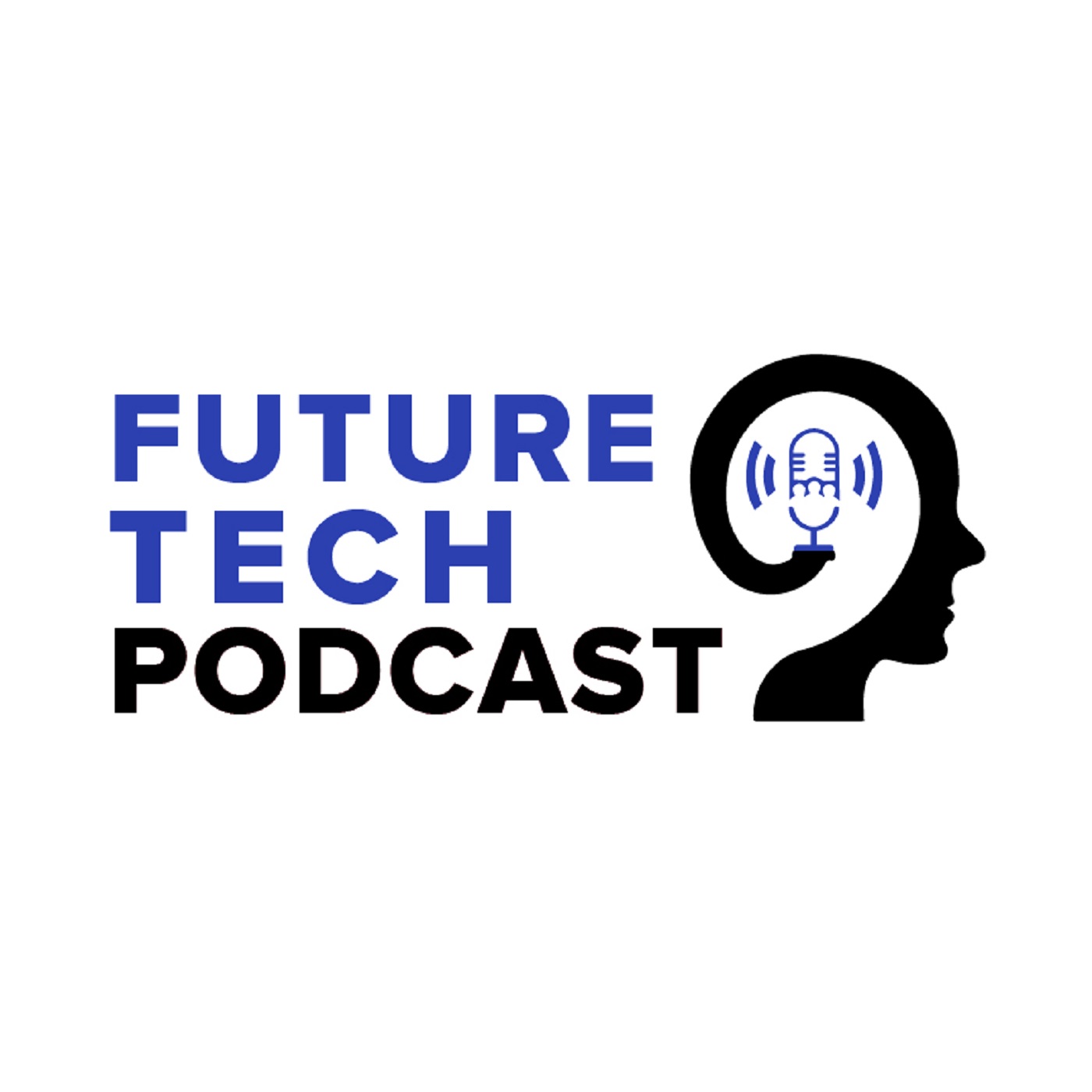- Health
- SEE MORE
- classical
- general
- talk
- News
- Family
- Bürgerfunk
- pop
- Islam
- soul
- jazz
- Comedy
- humor
- wissenschaft
- opera
- baroque
- gesellschaft
- theater
- Local
- alternative
- electro
- rock
- rap
- lifestyle
- Music
- como
- RNE
- ballads
- greek
- Buddhism
- deportes
- christian
- Technology
- piano
- djs
- Dance
- dutch
- flamenco
- social
- hope
- christian rock
- academia
- afrique
- Business
- musique
- ελληνική-μουσική
- religion
- World radio
- Zarzuela
- travel
- World
- NFL
- media
- Art
- public
- Sports
- Gospel
- st.
- baptist
- Leisure
- Kids & Family
- musical
- club
- Culture
- Health & Fitness
- True Crime
- Fiction
- children
- Society & Culture
- TV & Film
- gold
- kunst
- música
- gay
- Natural
- a
- francais
- bach
- economics
- kultur
- evangelical
- tech
- Opinion
- Government
- gaming
- College
- technik
- History
- Jesus
- radio
- movies
- services
- Church
- podcast
- Education
- international
- Transportation
- Other
- kids
- podcasts
- philadelphia
- Noticias
- love
- sport
- Salud
- film
- and
- 4chan
- Disco
- Stories
- fashion
- Arts
- interviews
- hardstyle
- entertainment
- humour
- medieval
- literature
- alma
- Cultura
- video
- TV
- Science
- en
Rethinking Genes, Understanding EpigeneticsDavid S. Moore, PhDPsychological Field Group at Pitzer College

According to David Moore, PhD and faculty member in the Psychological Field Group at Pitzer College, there\u2019s good reason to believe that \u201cgenes\u201d as we\u2019ve come to commonly understand them don\u2019t actually exist; they aren\u2019t segments of DNA which start and stop at discrete points, they don\u2019t fulfill just one role in one context, and their expression or lack thereof is not immune to environmental influences. In fact, most molecular biologists would say that there is no single agreed-upon definition of a gene.
Dr. Moore joins the podcast to explore the topic of epigenetics: the phenomenon by which our experiences and environmental factors influence our genes and contribute to our characteristics. These environmental stimuli include the food we eat, how we exercise, the drugs we consume, our experiences in childhood, the level at which we socially interact as adults, and socioeconomic status. For example, a 2004 study conducted by Michael Meaney and Moshe Szyf showed an association between the level of grooming a pup receives from its mother and reactivity to stress in adulthood: the more grooming a pup received, the less reactive it was to stress stimuli as an adult. This finding, labelled by the authors as \u201cepigenetic programming,\u201d has been challenged by many, yet evidence that supports it continues to grow.
This is just a snippet of the fascinating conversation Dr. Moore offers, which touches on topics such as in utero epigenetics, whether epigenetic states can be changed or reversed once they\u2019ve been established, how the most common antidepressants have been shown to produce epigenetic changes, and the controversial idea that epigenetic changes are inheritable. He also discusses his most recent research, which involves studying mental rotation in human infants\u2014an ability considered the single biggest sex difference in cognition that\u2019s unrelated to reproduction.
Tune in for the details and visit\xa0http://pzacad.pitzer.edu/~dmoore/\xa0to learn more.